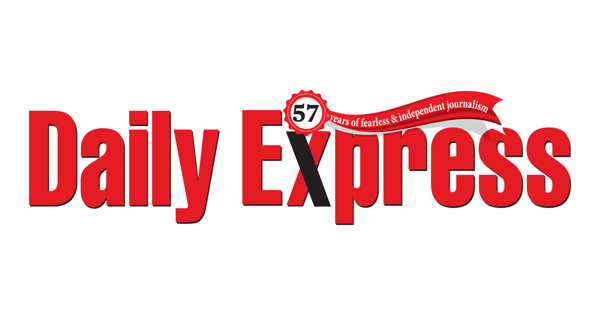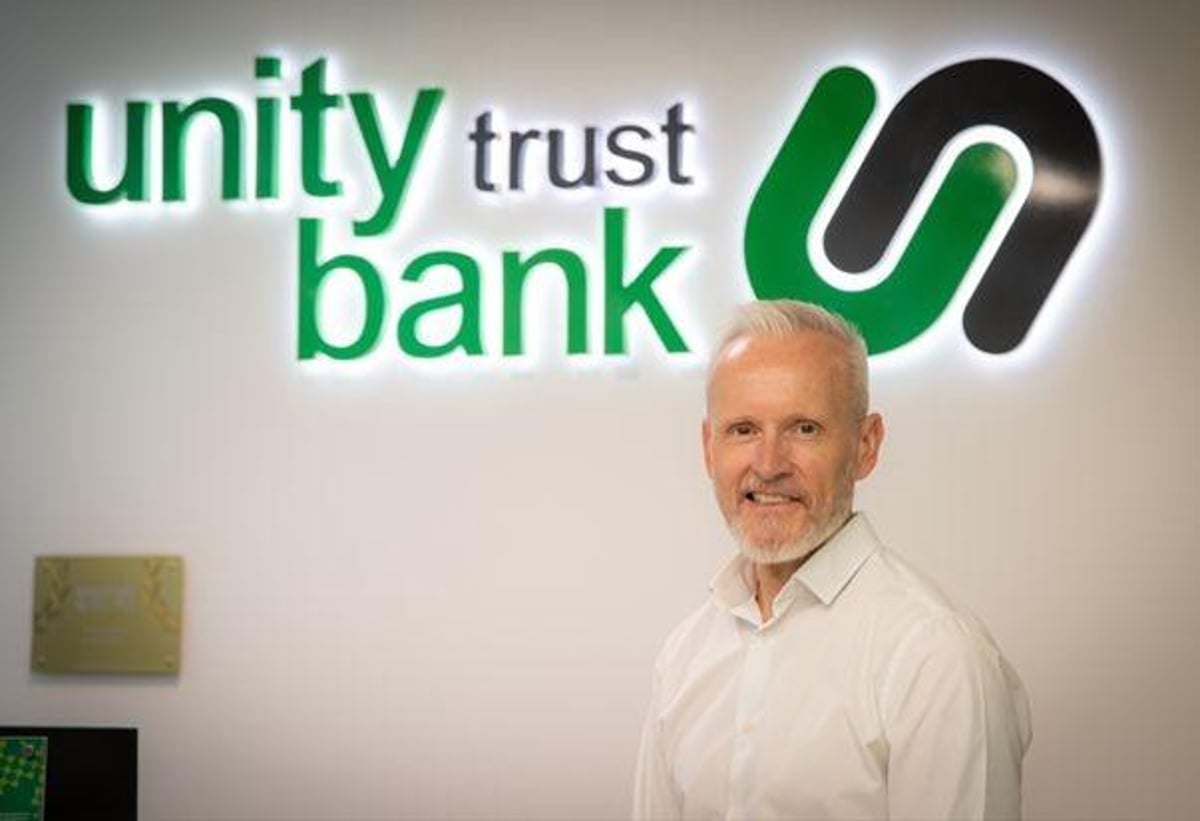
Prime Minister Kamla Persad-Bissessar is vowing to bring legislation to publish the list of who gets foreign exchange as she raised serious concerns about the EximBank’s foreign exchange allocations, pointing to data that shows a handful of companies dominating access.
Over the past five years, firms like Arawak & Company Ltd (US$76 million), Nutrimix (US$78 million), and Smith Robertson/Aventa T&T (over US$100 million) have received massive allocations, while thousands of SMEs have been left starved of forex.
For perspective, the EximBank received US$600 million between 2020 and mid-2025—about 27% of the Central Bank’s interventions—yet the evidence suggests the bulk of this went to a few dominant players. As the Prime Minister and Minister of Finance Dave Tancoo have argued, this looks less like support for broad-based economic activity and more like entrenching cartel behaviour.
Now, in Trinidad and Tobago, the word “cartel” often evokes images of the Medellin or Cali cartels, Mexican drug cartels, or our own local gangs.
But in economics, a cartel simply means a group of actors controlling a trade pipeline to set terms, stifle competition, and consolidate wealth.
Whether it’s narco-trafficking or forex allocation, the effect is the same: power in the hands of a few, disadvantage for the many.
That concern is not theoretical. As Glenwayne Suchit of the Pharmacy Retail Association noted, when one pharmaceutical company alone can access over US$100 million, smaller distributors and retail pharmacies are being pushed out of business. The system is creating monopolies by design.
This is why the former PNM finance minister Vishnu Dhanpaul’s response is so troubling. His position—that if the EximBank allocations are a problem, then simply shut down the window, even if it means cutting off food and drugs—completely misses the point.
The issue is not whether forex should be stopped; the issue is how it is distributed. A fair and equitable system strengthens competition, lowers prices, and helps SMEs grow. An unfair system entrenches monopolies and protects cartels, leaving consumers and the economy worse off.
Some have suggested Central Bank Governor Larry Howai’s comments—that as far as he knows, there are no cartels and the real problem is a lack of forex supply—put him at odds with the Prime Minister and Finance Minister Tancoo. But there is no conflict here. In fact, both are correct.
There is a supply problem, but the wider and more urgent issue is a distribution problem. If the little forex that is earned is concentrated in the hands of a few, SMEs and ordinary businesses will never get a fair shot.
And here’s an even more worrying point: EximBank is a Government-owned bank. If inequities and concentration of forex can be seen there—in an institution owned by the people—then, as the Prime Minister has argued, what is happening in the private commercial banks may be far worse. Without transparency and scrutiny, cartels thrive in the shadows.
Even private sector voices, like Richard Pandohie of Brydens, acknowledge that publishing allocations would be a positive step. Transparency builds trust, ensures accountability, and reduces speculation. Sunlight, as always, is the best disinfectant.
At its core, this debate is not about whether T&T earns enough forex—it is about what we do with what we earn. Scarcity alone does not justify inequity. In fact, the scarcity has highlighted the inequity even more.
The facts now being exposed suggest the Prime Minister is correct: the challenge isn’t just supply, it is inequity. And inequity, in foreign exchange as in any market, breeds monopolies, stifles competition, and hurts consumers.



